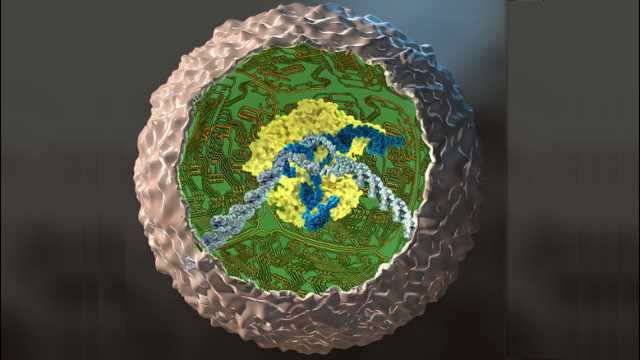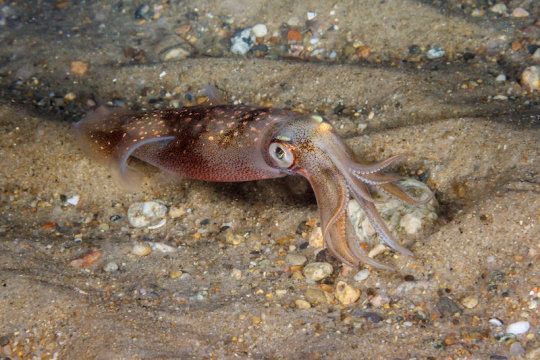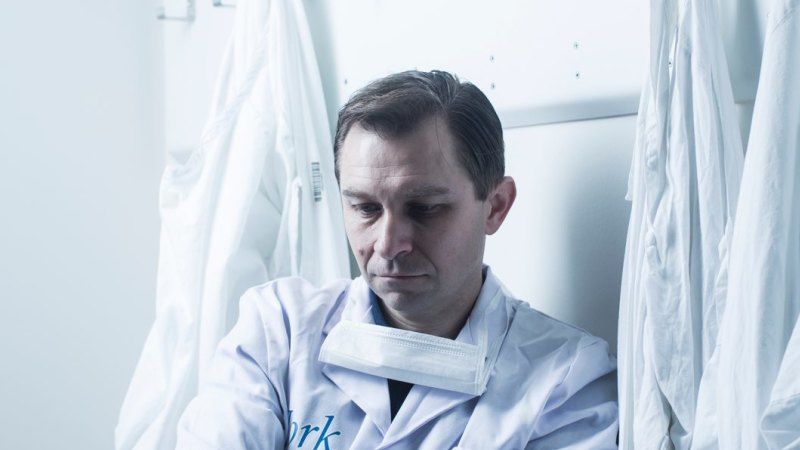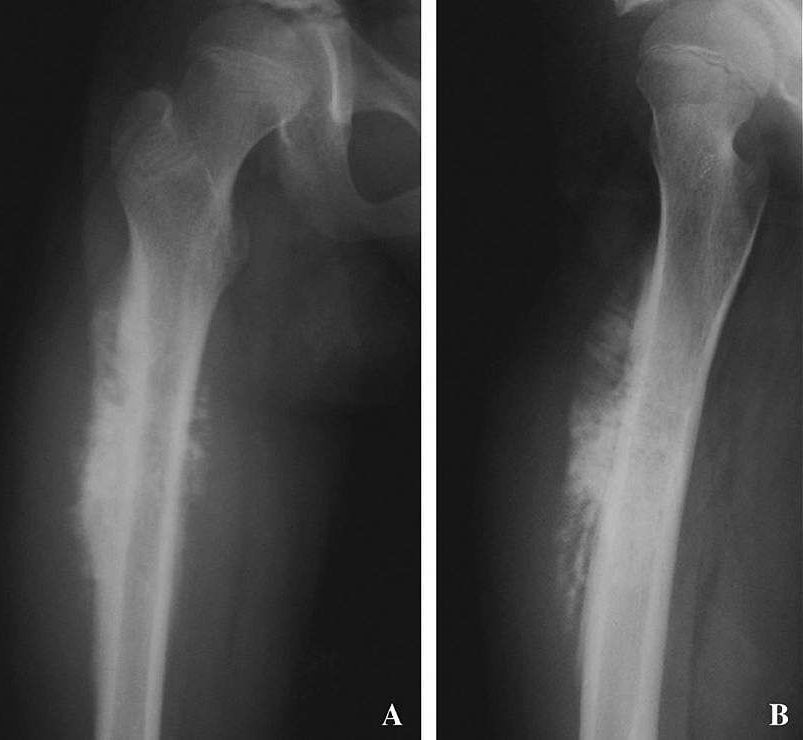
The genetic information of an organism is stored within DNA. It contains the code for making other molecules that make all cells and organs of the body functional. Interestingly, only 1% of DNA makes up genes, of which proteins are produced via RNA intermediaries. There is much debate on the role of the remaining DNA, but different types of RNA are thought to be produced from it and direct the fate of the cell. Even though each cell of the body contains the same DNA, how they read and process DNA to make RNA can differ quite dramatically between single cells. This has especially been known for the transcriptome, which includes all RNA that are produced from genes, but not so much for other RNA.
“Genes have been the main focus of biological research for a long time,” says lead author of the study Haruka Ozaki. “We wanted to focus on what we call read coverage of single-cell RNA sequencing (scRNA-seq) data, which also includes RNA that are not products of genes. Although we can measure the amount of different RNA a single cell produces by scRNA-seq technologies, we wanted to come up with a new method that also visualizes specifically read coverage, because only then we can get a full picture of RNA biology and how it contributes to cell biology at the single-cell level.”
To achieve their goal, the researchers developed a new computational tool that they called Millefy uses existing scRNA-seq data to visualize read coverage of single cells as a heat map, illustrating differences between individual cells on a relative scale. The researchers first demonstrated the utility of Millefy in a well-established mouse embryonic stem cell model by showing heterogeneity of read coverage between developing cells. They then applied Millefy to cancer cells from patients with triple-negative breast cancer, a particularly aggressive type of breast cancer. Not only did Millefy show heterogeneity between cancer cells in general, but it revealed heterogeneity in a specific aspect of RNA biology that had previously been unknown.
Continue reading “Seeing is believing: Visualizing differences in RNA biology between single cells” »
















